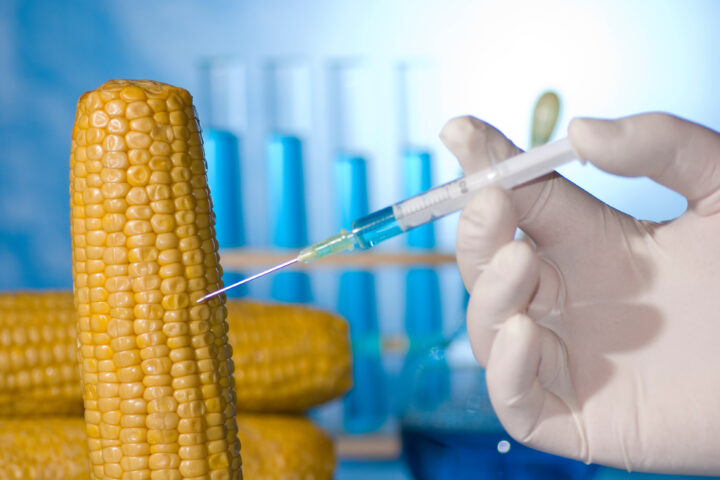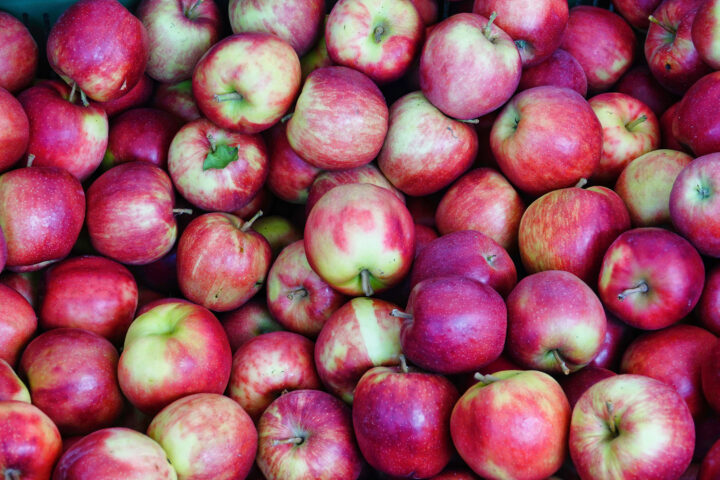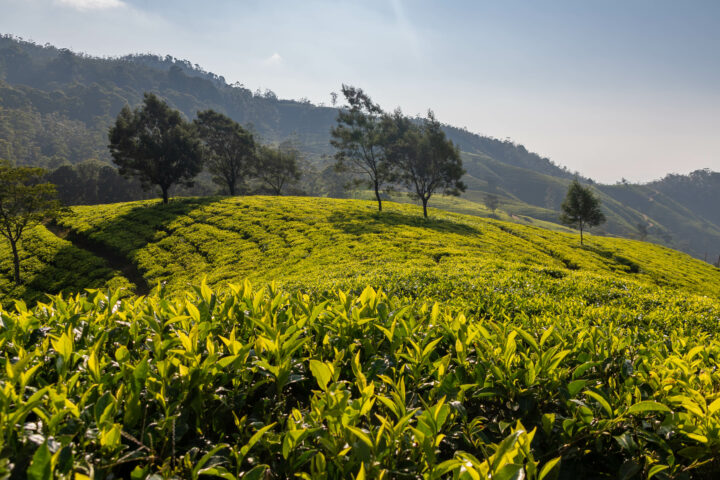«Overcoming the urban-rural divide with constructive agricultural policy»
Jürg Vollmer is editor-in-chief of the magazine «die grüne». He advocates the authorisation of breeding methods such as genome editing. In this way, the advantages of wild and cultivated plants can be combined in a meaningful way.
Monday, August 31, 2020
Content in German
Ja, es gibt in der Schweiz tatsächlich einen Stadt-Land-Graben: Drei Viertel der Schweizer leben in den 49 Agglomerationen und deren Kernstädten. Sie haben den Kontakt zur Landbevölkerung – und erst recht zur Landwirtschaft – grösstenteils verloren.
Aber nein, es hilft den LandwirtInnen nicht, wenn Politiker im Edelweiss-Hemd diesen Graben vertiefen. Und schon gar nicht, wenn der Graben von Umweltverbänden zur Spenden-Akquise bewirtschaftet wird.
Der Stadt-Land-Graben lässt sich nicht mit platten Parolen von Politikern oder undifferenziertem Unsinn von Umweltverbänden zuschütten. Diesen Graben müssen die Agrar-Akteure füllen – mit ehrlicher Information für Politik, Medien und Gesellschaft.
Kein lustiges Huhn, das seine Eier just im Migros-Markt legt. Kein härziges Wildsäuli, das für Coop Naturaplan Äpfel frisst. Übrigens, lieber Coop, Ihr wisst schon, dass das härzige Säuli in Eurem Naturaplan TV-Spot eine Wildsau ist? Und dass dies – vor allem bei der drohenden Afrikanischen Schweinepest – auf einem Schweizer Bauernhof unter aller Sau ist?
Kein Walt Disney vom Bauernhof, sondern realistische Bilder und Fakten aus Schweizer Ställen, Feldern und Äckern. Meh Dräck!
Das ist eine Aufgabe, die verpasst wurde. Eine Kampagne wie «Der feine Unterschied» von Proviande zeigt die Richtung, in die es gehen muss. Aber da ist noch viel Potenzial. Beim Schweizer Bauernverband SBV, bei den vielen Fachverbänden, bei Bio Suisse und IP-Suisse – und vor allem bei den Grossverteilern Migros und Coop.
Von unsäglichen Hipster-Kampagnen wie «Ich kaufe Kartoffeln» von Swisspatat oder der besoffenen «Sack-über-dem-Kopf»-Kampagne gegen den Einkaufstourismus vom Schweizerischen Gewerbeverband, Swiss Retail Federation und Agro-Marketing Suisse reden wir lieber nicht.
Noch einmal: Auf dem Weg in die Zukunft brauchen wir ehrliche Informationen für Politik, Medien und Gesellschaft. Aber auch eine ehrliche Agrarpolitik, die Landwirtschaft, Umwelt, Raumplanung, Gesundheit, Wirtschaft und Gesellschaft kohärent aufeinander abstimmt.
Deshalb hat «die grüne» nach dem klaren Nein zu Trinkwasser-Initiative und Pestizid-Initiative am 13. Juni 2021 «10 Vorschläge für eine konstruktive Agrarpolitik» gemacht.
Zehn führende Akteure der Schweizer Landwirtschaftspolitik haben erwartungsgemäss unterschiedlich reagiert – und neben Lob und Kritik auch Ergänzungen zu den «10 Vorschlägen für eine konstruktive Agrarpolitik» auf den Tisch gelegt. Eine solide Grundlage für eine vertiefte Diskussion.
Und diese Diskussion wollen wir führen. Künftig im gedruckten Heft und natürlich hier auf unserer Website oder in Facebook. Jeden Monat werden wir ein Thema herausgreifen, dem Problem auf den Grund gehen – und Lösungen suchen.
Von der Forschung über die Bürokratie und die landwirtschaftliche Praxis bis zu den Konsumenten. Monat für Monat werden wir Punkt für Punkt «abarbeiten». Und Ende 2022 kontrollieren wir, welche Vorschläge schon realisiert wurden oder in absehbarer Zeit umgesetzt werden.
Jürg Vollmer ist Chefredaktor der Zeitschrift «die grüne». Der Beitrag erschien als Erstveröffentlichung in «die grüne» vom 25. August 2021.
Related articles

Science resists ban on GMO crops
The Supreme Court in the Philippines wants to stop the cultivation of genetically modified plants Golden Rice and Bt aubergine (Bacillus thuringiensis). This is anything but well received by the government and the scientific community: The ban could jeopardise the country's food security.

Enabling what is inevitable
The opponents of progress are once again in the starting blocks. In mid-April, critics of genetic engineering announced a popular initiative aimed at making any relaxation of the existing moratorium on genetic engineering impossible. The exact wording is not yet known, but the statements made by the exponents make it clear that the total blockade on modern plant breeding is to be enshrined in the constitution.

Where the focus lies in apple breeding
The new head of Agroscope's fruit breeding research group is Andrea Patocchi. In an interview with the trade journal Obst + Wein, he explains where the focus of apple breeding lies today.

Chinese robot picks tea
There is a shortage of tea pickers in China. A robot developed by a researcher is set to remedy the situation and take over the work in future. Thanks to artificial intelligence, the machine can even recognise the shoots of the tea plant. The first harvesting robots are also already being developed in Switzerland.

